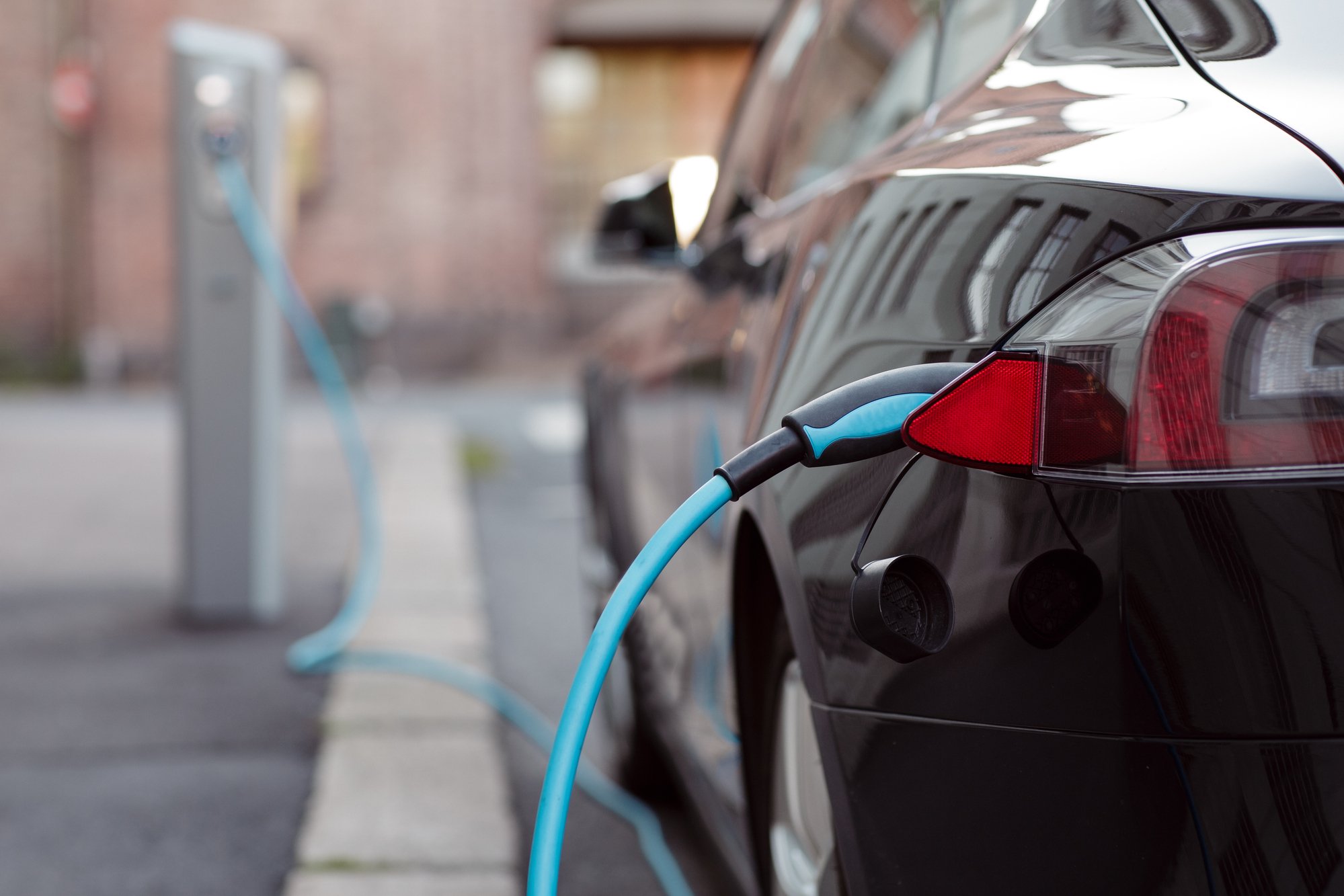Auto leaders urge action for EV infrastructure
Share
Share

Canadian automotive groups have launched a new campaign to highlight the urgent need to build up electric vehicle charging infrastructure in time for the 2035 deadline.
The groups say 100 chargers need to be installed every day to meet Canada’s zero-emission vehicle (ZEV) sales target 11 years from now. And so they’ve launched “Countdown to 2035,” a tracking initiative highlighting the critical need for expanded public charging infrastructure.
“As the Federal Government’s ZEV aspirations start to meet market realities around the country, the Countdown to 2035 will provide valuable information and insights as to what is required, where and at what pace,” said Tim Reuss, president and CEO of the Canadian Automobile Dealers Association (CADA) in a joint statement. “The bottom line is Canadians need federal action for better, more reliable charging infrastructure and supports for purchasing ZEVs in every segment of the market.”
Brian Kingston, president and CEO of the Canadian Vehicle Manufacturers’ Association (CVMA), emphasized the role of consumer demand in driving ZEV adoption in the same announcement.
“Higher levels of ZEV adoption will be driven by consumer demand, not government mandates,” Kingston said. “Canadians cannot be mandated to purchase electric vehicles without first providing them with the ability to conveniently charge their vehicles no matter where they live.”
David Adams, president and CEO of the Global Automakers of Canada (GAC), highlighted the pivotal role of consumers in the transition to ZEVs.
“There are three key factors to broader ZEV adoption which are, the consumer, the consumer and the consumer,” Adams said in the statement. “Consumers will ultimately decide whether a ZEV works for their lifestyle or not … and make no mistake, the industry needs Canadians to purchase ZEVs. Governments need to be making this choice easier for Canadians and not more difficult, such as the unilateral measures made last week by the B.C. government to severely restrict EV purchase incentives for B.C. consumers. This is counterproductive to the goal of greater EV adoption.”
Leave a Reply